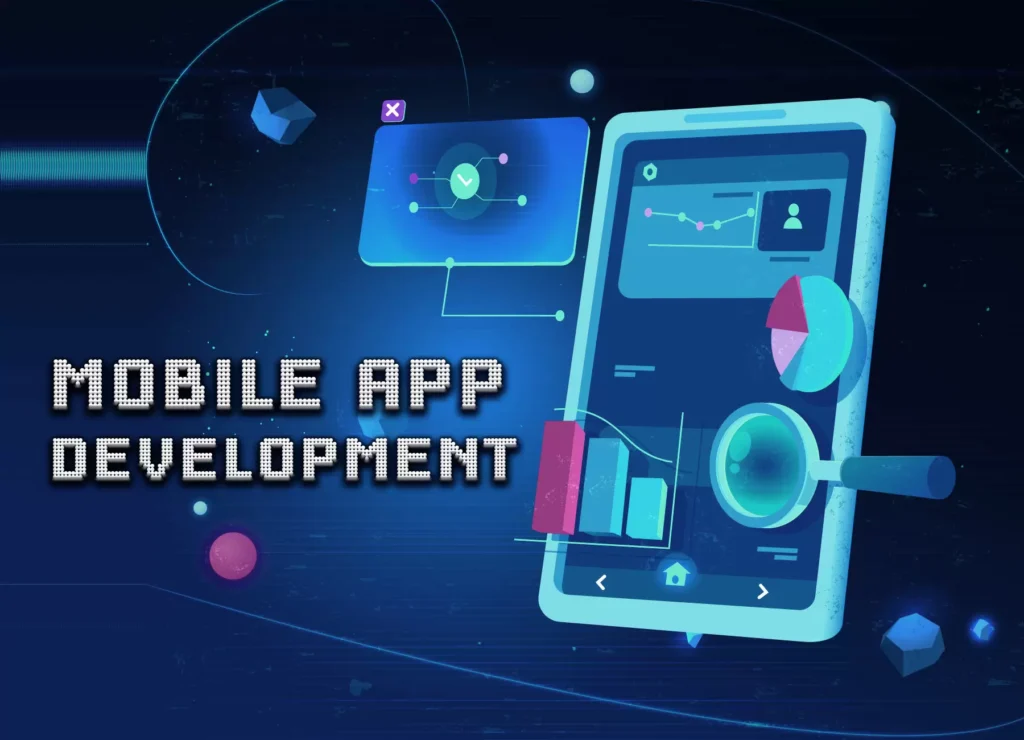
In today’s fast-paced digital landscape, businesses are increasingly turning to Hybrid App Development to reach users across both Android and iOS platforms with a single codebase. Hybrid apps offer the ideal blend of performance, speed, and cost-efficiency, making them a smart choice for startups and enterprises alike. However, the success of your hybrid app largely depends on the capabilities of the development agency you partner with.
Choosing the right agency for hybrid app development can be a daunting task. With countless firms vying for your attention, it’s essential to evaluate each contender carefully to ensure they align with your business goals and project requirements. This guide will help you navigate the selection process effectively.
1. Understand Your Project Requirements
Before you start evaluating agencies, take time to define your app’s purpose, target audience, key features, budget, and timeline. Are you looking for a minimum viable product (MVP), a fully-featured app, or a prototype? Knowing what you want will help you communicate more clearly with potential agencies and assess their ability to meet your needs.
2. Evaluate Technical Expertise
Hybrid app development requires proficiency in frameworks like Flutter, React Native, Ionic, and Xamarin. A credible agency should have hands-on experience with these technologies and be able to recommend the most suitable one for your project.
Ask about:
-
The frameworks they specialize in
-
Their approach to cross-platform performance optimization
-
Their knowledge of integrating native features
-
Familiarity with the latest tools and SDKs
Reviewing their previous projects or case studies can also give you insights into their technical capabilities and problem-solving approach.
3. Check Their Portfolio and Case Studies
A reputable hybrid app development agency will have a strong portfolio showcasing previous work. Look for apps similar in complexity or function to yours. Case studies that detail the challenges faced and how they were overcome can provide deep insight into an agency’s capabilities.
Also, consider downloading and testing their apps from the Play Store or App Store to get a real sense of the quality and user experience they deliver.
4. Read Client Reviews and Testimonials
Client reviews are one of the most honest sources of information about an agency’s reliability, communication, and ability to deliver on promises. Websites like Clutch, GoodFirms, and Upwork provide verified client feedback that can help you gauge an agency’s reputation.
Look for:
-
Consistent positive reviews
-
Testimonials that mention timely delivery and effective communication
-
Evidence of long-term client relationships
If possible, reach out to past clients to get their first-hand opinion.
5. Assess Communication and Collaboration
Clear and frequent communication is key to a successful app development project. During the consultation phase, evaluate how responsive and attentive the agency is. Do they ask the right questions? Are they transparent about what they can and cannot do?
Good agencies typically assign a project manager or a dedicated point of contact. They should also use collaboration tools like Slack, Trello, or Jira to keep you updated on progress.
6. Understand Their Development Process
Ask the agency to walk you through their development lifecycle. A well-structured process usually includes:
-
Requirement gathering
-
UI/UX design
-
Development & integration
-
Testing & quality assurance
-
Deployment
-
Post-launch support
Agencies that follow agile methodology often deliver better results through continuous feedback loops and iterative releases. Make sure their workflow allows for revisions and input at each stage.
7. Check for Post-Launch Support and Maintenance
App development doesn’t end with launch. You’ll need ongoing support for bug fixes, updates, and improvements. A professional agency will offer maintenance packages and be available to support your app long after deployment.
Ask about:
-
Their response time for issues
-
Update policies for OS upgrades or feature requests
-
Any ongoing costs involved
8. Compare Cost vs. Value
While budget is a key factor, don’t simply go with the lowest bidder. A cheaper agency may cut corners or deliver subpar quality, costing you more in the long run.
Instead, focus on value for money. Consider what you’re getting in terms of expertise, quality assurance, timelines, and post-launch support. A slightly higher upfront cost can result in better performance, fewer bugs, and a superior user experience.
9. Review Security and Data Protection Measures
Security is crucial, especially if your app will handle sensitive user data. Ensure the agency follows best practices for data security, encryption, and compliance with regulations like GDPR or HIPAA (if applicable).
Ask about:
-
Their approach to securing user data
-
How they handle user authentication
-
What safeguards they implement during development
10. Evaluate Cultural Fit and Vision Alignment
Lastly, choose an agency that aligns with your company culture and long-term vision. Do they understand your business goals? Are they as invested in your project’s success as you are?
A partner who shares your enthusiasm and communicates openly will contribute significantly to a smoother collaboration and a better final product.
Conclusion
Choosing the right agency for hybrid app development is not just about technical ability—it’s about finding a reliable partner who understands your vision and has the skills, experience, and passion to bring it to life. By focusing on expertise, communication, process, and long-term support, you’ll be better positioned to make an informed decision that leads to the success of your hybrid app.
Take the time to do your research, ask the right questions, and trust your instincts. The right agency can make all the difference between a mediocre product and a standout app that delivers real value to your users.

